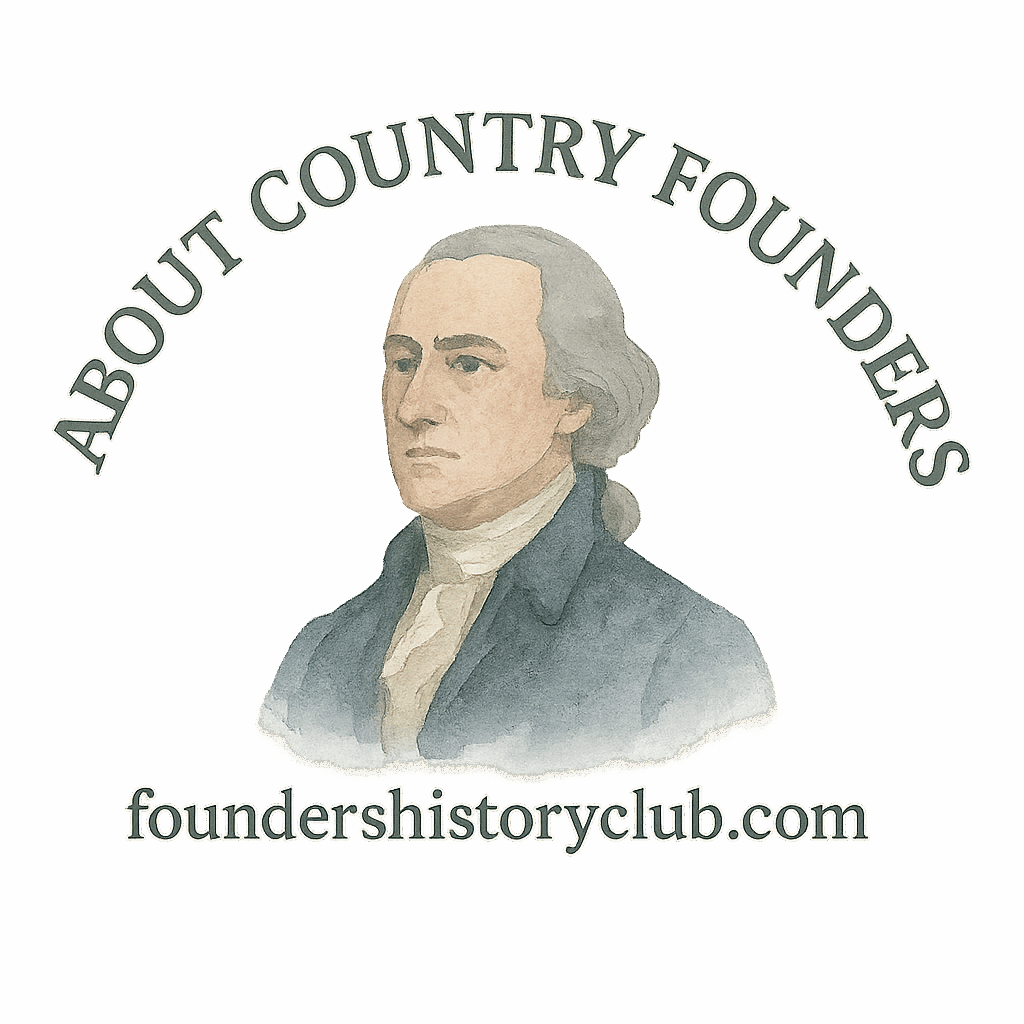Introduction
Democracy didn’t just happen. It was fought for, envisioned, and painfully crafted by courageous leaders who shaped the destinies of entire nations. Today, we’ll explore ten such founders who established democracies, building legacies of governance, freedom, and civic participation that changed the world forever.
What Makes a Democracy Founder?
Key Traits of Democracy Founders
These are not your everyday politicians. Democracy founders are visionaries who:
- Advocate for individual freedoms and rights
- Stand against tyranny and oppression
- Construct institutions that ensure equality and participation
- Inspire movements and revolutions
The Importance of Founding Democracies
Why does this matter? Because without these trailblazers, we might still be ruled by monarchies or dictatorships. Their work laid the foundation for today’s global democratic systems. Interested in exploring different governing systems? Check out Governance.
1. George Washington (United States)
Legacy and Leadership
Washington didn’t just lead America’s revolution—he became the nation’s first President without clinging to power. His voluntary retirement after two terms set a powerful democratic precedent.
Impact on Modern Governance
His emphasis on checks and balances lives on in the U.S. Constitution. Read more on how Founders by Era shaped institutions.
2. Mahatma Gandhi (India)
Nonviolence and National Will
Gandhi’s ahimsa (nonviolence) was revolutionary. His campaigns united Indians across castes, classes, and languages.
Democratic Foundation through Civil Movements
He laid the ideological foundation for India’s massive, diverse, and vibrant democracy.
3. Nelson Mandela (South Africa)
Struggle Against Apartheid
Mandela spent 27 years in prison fighting for equal rights. When he finally emerged, he preached unity.
Institutionalizing Democratic Values
As South Africa’s first Black President, Mandela restructured systems to include the voices of the oppressed. Check the broader impact of Independence Leaders.

4. Simón Bolívar (Latin America)
Revolutionary Drive in Multiple Nations
Bolívar is celebrated across countries like Venezuela, Colombia, and Bolivia. His vision? A united and democratic Latin America.
Early Struggles with Democratic Governance
Though democracy faltered after his campaigns, his ideals still echo through the region. Read more under Revolutionary Founders.
5. Václav Havel (Czech Republic)
Velvet Revolution and Civic Leadership
This playwright turned politician led the Velvet Revolution, a peaceful protest that overthrew a communist regime.
From Dissident to Democratic Leader
Havel’s journey from jailed dissident to President is a masterclass in civic courage.
6. Corazon Aquino (Philippines)
People Power Revolution
After the assassination of her husband, Aquino became the face of resistance. The 1986 revolution ended decades of dictatorship.
Rebuilding Institutions with Democratic Vision
She revived a damaged democracy, giving the Philippines a fresh political start. Dive deeper into Founders by Continent.
7. Thomas Jefferson (United States)
Visionary of Liberty and Self-Government
Author of the Declaration of Independence, Jefferson’s words still inspire democratic movements worldwide.
Authoring the Declaration of Independence
His belief in “life, liberty, and the pursuit of happiness” became a universal mantra.
8. Mustafa Kemal Atatürk (Turkey)
Reforming an Empire into a Republic
Atatürk abolished the Ottoman sultanate and introduced secularism, women’s rights, and education reform.
Secularism and Modern Governance
His policies laid the groundwork for a progressive and modern Turkey.
9. Lech Wałęsa (Poland)
Trade Union Power to Democratic Reform
As a shipyard worker and leader of Solidarity, Wałęsa showed how labor could challenge totalitarian rule.
Legacy in Eastern European Democracies
His influence spread beyond Poland, inspiring democratic shifts in neighboring nations. See more under Early History.
10. José de San Martín (South America)
Liberation and Governance in South America
He liberated Argentina, Chile, and Peru, dreaming of federated republics based on equality.
Democratic Intentions Post-Independence
Though his vision wasn’t fully realized, he is still honored as a founder of democratic principles in Latin America.
Comparative Legacy of Democracy Founders
Similarities in Struggles and Vision
Despite cultural and historical differences, these founders shared values of freedom, equity, and public participation.
Influence Across Continents
Their blueprints for democracy influenced nations worldwide. Dive into Comparative History for a deeper exploration.
Conclusion
Democracy wasn’t gifted—it was earned, often through pain and persistence. These 10 founders who established democracies remind us of what it takes to create systems rooted in freedom and justice. If you want to keep exploring the birth of nations, legacies, and founders, visit Founders History Club and explore categories like Cultural Memory, Legacy, and Founders.
FAQs
1. Who is considered the most influential democracy founder?
George Washington is often cited due to his dual role in revolution and governance.
2. Are all founders presidents or political leaders?
Not necessarily. Think of Gandhi or Havel, whose roles were more symbolic and activist-driven.
3. Which region has the most democratic founders?
North and South America have a rich history, seen in North America and Latin American heroes.
4. How does culture affect democratic founding?
Cultural context shapes governance styles. Explore Cultural Memory to learn more.
5. Can a founder be controversial?
Yes. Some founders appear under Controversy due to political or moral debates.
6. How are these founders honored today?
Statues, national holidays, and public education. Explore Founder Statues and National Holidays.
7. What do modern democracies owe these founders?
Everything—from constitutions to civil liberties. Many democratic values stem from their visions and sacrifices.


